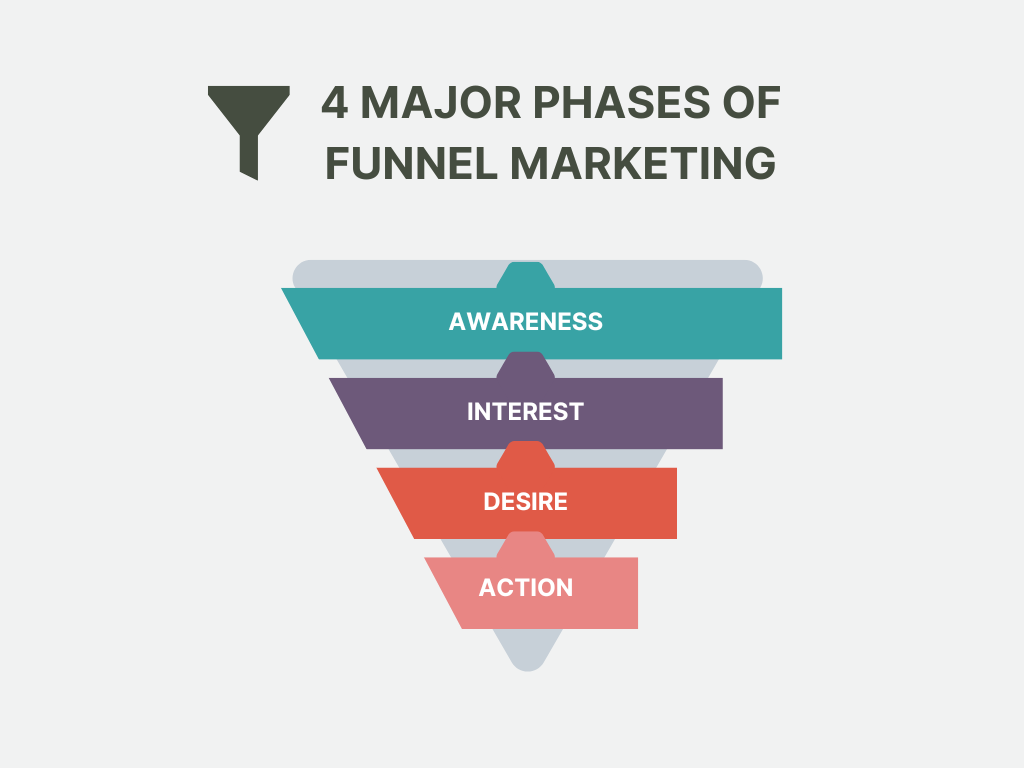With Funnel Strategy Shubham Shaurav automated many company’s sales and marketing investments into a profit generating machine.
Remember when you were in school or college, you suddenly started noticing that someone special?
(Hey, don’t be shy!).
Just a while ago they may have been that annoying person in your class who you ignored or just couldn’t stand.
But then, something happened—you don’t know what it was or what caused it but something changed within you. Suddenly that person you used to ignore becomes someone you can’t get out of your mind.
You start wondering how I came to know about this situation.
What I’m focusing on here is that relationships happen over time and in many stages – and the marketing funnel is like a relationship building machine for generating leads and converting it into sales with a largely automated process.
During my freelancing journey I realized that many people still have a lot of confusion and misconception about funnels and with this blog I am trying to answer your top question about funnels.
Hope I am successfully answering your confusion and question in this blog, if not then you can comment your query or reach me directly.
What does funnel mean in marketing?
Marketing funnel is a process based approach to convert any potential customer into your customer with a series of marketing steps. Funnels are really helpful for your marketing and sales teams to plan and measure efforts to attract, engage and convert prospects with a process and multiple tools.
There are 4 main stages in any marketing funnel which are awareness, interest, desire and action. But in today’s marketplace online sales funnel, it’s all about attracting visitors and motivating them to click or opt-in to your free offer. You just need to figure out how..
What are the 4 major phases of funnel marketing?
“AIDA” models are indicating that behind every purchase there is a process which is
Awareness: In this process you need to be aware of your prospect about the problem and the possible solution to that problem in the market.
Interest: After aware the prospect, it is time to generate interest in the mind of your potential customer about the services or products.
Desire: Now is the right time to answer why your services and products? for the potential customer as the prospect begins to evaluate a certain brand.
Action: The prospect decides whether to purchase.

Why modern companies need marketing funnel?
Funnels make the journey smooth for your customer and easy for any company to follow. In this process you need to map each step of their client’s decision process and plan the steps accordingly.
With Marketing Funnels you can make almost any customer interaction effective and easy. Whether you are planning to sell online, generate traffic for your brick and mortar (online-offline store) or you want to collect clicks as an affiliate, just one funnel can help you with it all. And the best part is that you can watch each and every movement of your potential customer from one stage to another.
The Difference between B2B and B2C Marketing Funnels
There are an infinite number of ways to build funnels and you may need different types of funnels to target each set of customer base.
- B2C customers often navigate the funnel alone or with trusted advisors like family and friends. B2C clients may never interact directly with a company representative.
- B2B customers have larger, more focused buying groups. B2B consumers interact directly with sales representatives in the lower stages of the marketing funnel.
You can do several A/B tests to adjust your funnel and create the one that best suits your business and target customer.
If you find it difficult and want help from a professional then you can reach out to us and together we come up with the best funnel for your business.
You can also read our case study of funnel implementation.
Implementation of funnel strategy to generate B2B leads.



